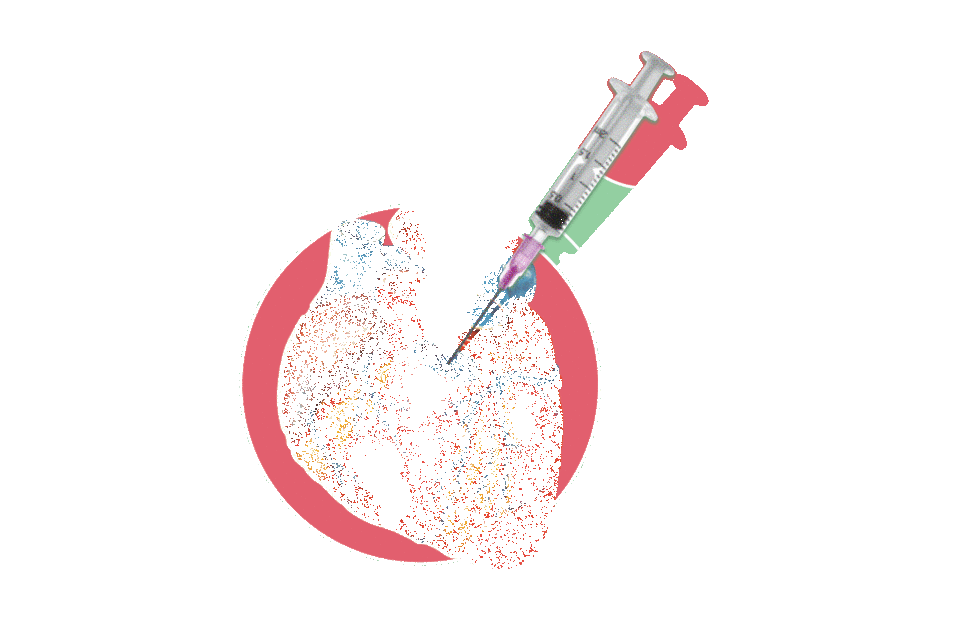The CDC Will Hold an Emergency Meeting About Heart Inflammation Following COVID-19 Vaccines
The Centers for Disease Control and Prevention announced Thursday that it will hold an emergency meeting to discuss a significant number of reports of heart inflammation in people who've received the Pfizer and Moderna COVID-19 vaccines. The meeting, which will take place on Friday, June 18, will include an update on vaccine safety in light of the reported cases, according to an agenda draft that the CDC posted on its website. (Related: How Effective Is the COVID-19 Vaccine?)
If you're just now hearing about heart inflammation in reference to the COVID-19 vaccine, the first thing you should know is that the reported cases make up a sliver of those who've received at least one dose of the vaccines: 475 out of the over 172 million people, to be exact. And 226 of those 475 cases meet the requirements for the CDC's "working case definition" of myocarditis or pericarditis (the two types of heart inflammation reported), which specifies certain symptoms and test results that must have occurred for the case to qualify. For example, the CDC is defining acute pericarditis as having at least two new or worsening "clinical features": acute chest pain, pericardial rub on an exam (aka a specific sound produced by the condition), as well as certain results from an EKG or MRI.

Getty Images
Each person had received the mRNA-based Pfizer or Moderna vaccines - both of which work by encoding the spike protein on the surface of the virus that causes COVID-19, triggering the body to develop antibodies against COVID-19. Most of the reported cases were in young males ages 16 or older, and symptoms (more on those below) typically showed up several days after they received a dose of the vaccine. (Related: What Does a Positive Coronavirus Antibody Test Result Really Mean?)
Myocarditis is an inflammation of the heart muscle, while pericarditis is an inflammation of the sac of tissue that surrounds the heart, according to the Mayo Clinic. Symptoms of both types of inflammation include chest pain, shortness of breath, and a rapid, fluttering heartbeat, according to the CDC. If you ever experience myocarditis or pericarditis symptoms, you should see a doctor right away, regardless of whether you've been vaccinated. The condition can range in severity, from mild cases that can go away without treatment to the more severe, which can potentially cause other health problems, such as arrhythmia (an issue that affects the rate of your heartbeat) or lung complications, according to the National Institutes of Health. (Related: You Might Need a Third Dose of the COVID-19 Vaccine)
The thought of an "emergency meeting" about the COVID-19 vaccine might feel alarming if you recently got inoculated or have plans to. But at this point, the CDC is still in the process of trying to find out more about whether the cases of inflammation might've resulted from the vaccine. The organization continues to recommend that everyone 12 and older receive a COVID-19 vaccine since the benefits still seem to outweigh the risks. (And FWIW, COVID-19 itself is a potential cause of myocarditis.) In other words, no need to call off your appointment in light of this news.

